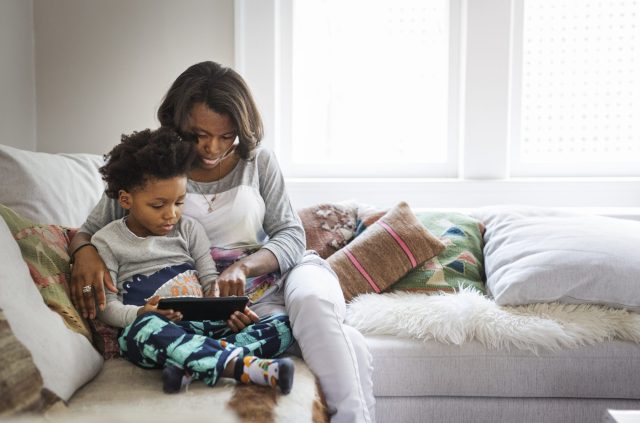From memes to apps, even the youngest of kids are finding their way to the internet. Whether your kiddos are younger or in their teens, it’s important they know how to live a healthy digital lifestyle. You as a parent can help guide them in the right direction so they make smart decisions when they’re online. Think you know everything there is to know about staying safe online? Test your internet savviness with a little help from Google’s Be Internet Awesome online safety and citizenship program by taking the quiz below.

Question: How do I create a strong password?
Answer: A strong password should be at least eight characters long. It’s best to use a mix of uppercase and lowercase letters, numbers and symbols (go wild with the exclamation point!). It’s tempting to use the same password for all your accounts to help remember it. But the safest thing is to have different password combinations. And make sure your password is not easy to guess. Don’t use birthdays, or combinations like “12345678” or “password.”
Question: How do I know if a website is safe to use?
Answer: There’s a simple way to tell if a website is secure. The URL (that’s the address at the top of the screen that starts with “www”) will start with https; not http. Make sure the “s” is attached. It should also have a green padlock to the left of URL. If those things are not there, think twice before using it, especially if it asks you for sensitive or payment information.

Question: True or False: A website can tell me there is something wrong with the device you’re using.
Answer: False! The internet can do many things, but a website can’t tell you if there’s something wrong with your device. If you get a notification telling you to download software or click on a link because of a problem with your device, it’s a scam. Keep yourself and your device safe—don’t download or click on anything that says there’s something wrong with your device.
Question: What should my kids and I do if we see something inappropriate online?
Answer: Don’t panic. Whenever you’re not sure about something online, it’s best to talk it out to determine the best next steps. If it’s a negative comment or message, don’t be afraid to screenshot and save it as proof and block or report the person. If you see a video or something else that could be sketchy, block or report the incident to help keep content like that from popping back up. Be sure to talk honestly about what you saw with your kids and why you took the action that you did. Encourage your kids to have open conversations with trusted adults whenever there’s doubt or uncertainty with something online.

Question: What should I do if I get scammed?
Answer: You and your kids will likely fall for a scam at some point. Make sure your kids tell you or another trusted adult. Change all your passwords immediately. If credit cards or bank account information is part of the scam, you may want to put a brief hold on your bank accounts and credit cards.
Want to learn more about online safety? Check out Google’s Be Internet Awesome program to help you and your family learn to navigate the Internet in a safe, smart, and positive way!
—Leah R. Singer











